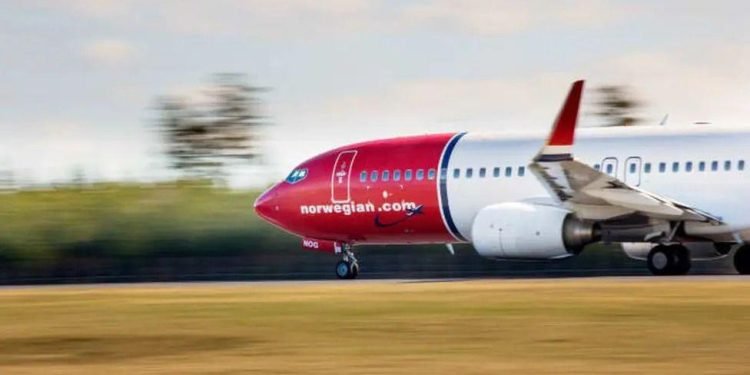By Eva Richardson | The Logistic News
What appeared at first glance to be a routine labor dispute at London Gatwick Airport has quickly become emblematic of a broader issue plaguing the European aviation sector: the fragility of essential airport services in a system increasingly reliant on outsourced labor.
From April 18 to April 22, over 100 Red Handling employees—including baggage handlers and ramp staff—took part in a coordinated strike demanding better wages and improved working conditions. The result was immediate: close to 50 flights per day were delayed or canceled across airlines including Norwegian, Delta, TAP Air Portugal, and Air Peace.
The Visible Disruption—and the Invisible Dependencies
Travelers looking forward to Easter weekend getaways were instead met with hours-long queues, abandoned luggage, and vague announcements as airline operations slowed to a crawl. Passengers voiced their frustration on social media while ground logistics teams struggled to maintain any level of flow without the critical staff on hand.
“Everything was at a standstill. We weren’t just delayed—we were stranded,” said one passenger affected by the cancellations.
But behind the scenes, industry analysts were raising a more systemic concern: if a single contractor’s labor action can bring down operations at a major airport, what does that say about resilience planning?
Workers’ Demands Reflect Broader Industry Tensions
Red Handling employees argue that they’ve been underpaid and overworked since the industry’s recovery from the pandemic. Though travel demand has rebounded strongly, labor conditions for subcontracted airport workers have seen little improvement—leading to mounting frustration.
“We are not temporary labor,” said one striking employee. “We are the core of flight operations. Without us, the planes don’t move.”
Union leaders supporting the strike say they’re not just demanding higher pay—they’re calling for dignity, stability, and long-overdue recognition of their role in the supply chain.
Freight Doesn’t Stop—But It Does Slow
While the media focused heavily on passenger delays, the freight sector quietly endured its own share of setbacks. Perishable goods, pharmaceuticals, and urgent retail shipments moving through Gatwick’s cargo terminals were all affected by the lack of available ground staff.
“It’s not just about tourists,” said a freight forwarder based at the airport. “Supply chains are being stretched thin, and we don’t have backup systems when labor walks out.”
A System at Risk of Collapse from Within
This incident has fueled wider discussion about how airlines and airports manage risk. Outsourcing ground operations may reduce operational costs, but it also outsources control—and that’s becoming a growing liability.
“Airports have invested billions in technology, yet overlook the people who physically turn the aircraft around,” said an aviation risk consultant. “This is not just a labor issue—it’s a governance issue.”
Summer Could Bring More Than Tourists
With the high travel season just ahead, the aviation industry is under pressure to address not just this strike, but the broader conditions that made it possible. Labor groups have warned that similar actions may follow across other major hubs if workforce demands are not met.
The Gatwick disruption is a warning shot: the weakest link in aviation isn’t in the sky. It’s on the ground.























